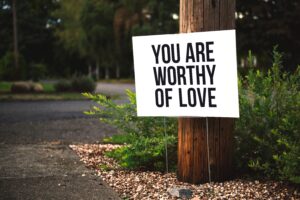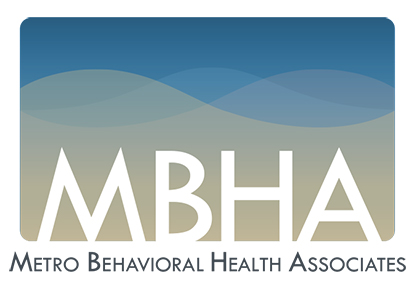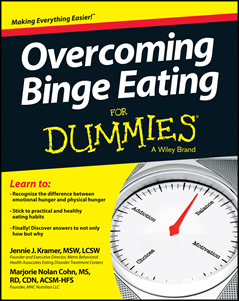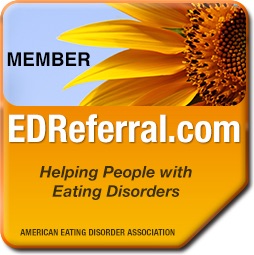Mental Health Awareness: Anxiety
According to the National Institute of Mental Health, nearly one in five Americans lives with a mental health condition. These conditions range from depression and anxiety to bipolar disorder and schizophrenia to eating disorders. Of the estimated 59.2 million individuals living with mental health conditions, about half also suffer from substance use disorders of drugs and alcohol. In an effort to destigmatize the epidemic, this Mental Health Awareness month, we at Metro Behavioral Health Associates want to address the universally familiar condition of anxiety. Whether it’s public speaking anxiety, test anxiety, or stage fright, we know that fear of judgment can be incredibly draining. Anxiety distracts us from the responsibility in front of us and impacts our ability to perform our best.

The Root of Anxiety
Anxiety, and it’s close cousins insecurity and depression, are very common in our society. One cause is the judgmental nature of our culture when we’re ‘falling behind’ in life. Whether the self-imposed standard be level of education, relationship status, financial abundance, or body image, we tend to measure our self-worth based on any number of external factors. We easily forget that we are innately worthy no matter how inadequate we sometimes feel.
A common coping mechanism for managing anxiety is to fall into perfectionism. We fantasize about an infallible version of ourselves who always gets things exactly right. This inevitably leads to disappointment and devastation for failing to meet unrealistic expectations. Any shortcoming is perceived as a fatal flaw and triggers a shame spiral sending our nervous system into the dorsal vagal, or freeze state. Shutting down emotionally feels like the safest way to navigate life since we believe we’re incapable of handling challenges.
What comes next is repetitive, invasive thoughts that either focus on the negative past, causing depression, or the potentially negative future, causing anxiety. This vicious cycle is known as rumination and is statistically more common among women than men. Experts theorize this is because women historically had less power than men and therefore had to be more vigilant for danger.

The Antidote to Anxiety
So what is the alternative?
To stop judging and criticizing ourselves! To commit to treating ourselves the same way we would a close friend or our inner child. Self-compassion researcher Dr. Kristin Neff says there are three elements to this approach.
Self Kindness vs. Self-Judgment
It isn’t realistic to believe that we’ll never fail or experience difficulty. The human experience is 50/50 and the more accepting we can be of this fact, the less suffering we create. Self compassionate people are able to be more gentle with themselves because they know humans are not meant to be perfect.
Common Humanity vs. Isolation
It’s human to makes mistakes. Self compassionate people report feeling less self conscious and less anxious because they know that everyone feels vulnerable sometimes. That sense of interconnectedness makes moments of suffering more tolerable as opposed to thinking one is uniquely flawed.
Mindfulness vs. Over-Identification
The difference between being anxiety and feeling anxiety. We have to be willing to ride the wave of uncomfortable emotion as it expresses through physical sensations in our bodies. Otherwise, what we resist persists. Remember anxiety is an emotion; it cannot hurt you. Being open to get curious about the root of anxiety creates space and clarity for things to shift.
The next time you find yourself feeling anxious, take a purposeful pause. Try placing a hand on your heart, bringing your awareness your breath, and reminding yourself that you are safe. If anxiety is something you struggle with, consider reaching out to our team to learn how we can help.

Helping You Gently Find Your Balance
Ask About Our Free Consulation
Control binge eating and get on the path to recovery. This book provides trusted information, resources, tools, and activities to help you and your loved ones understand your binge eating — and gain control over it.
Certified Eating Disorder Specialist designation by the International Academy of Eating Disorder Professionals



